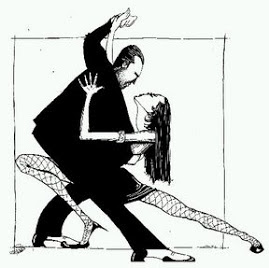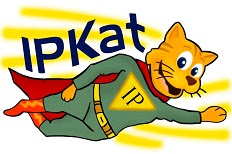Mexican food brand received high status
The Mexican Institute of Industrial Property (IMPI) has recognized ‘La Costeña’ as ‘famous mark’. Up to today IMPI has issued 33 declarations of ‘famous marks’. According to the reformed Mexican Law of Industrial Property, to be a ‘famous mark’, it must meet all the requirements set out in the said law and it need to prove to be known by most of consumers. With the reformed law (Chapter II bis), IMPI no only can rule on the 'notorious' or 'famous' character of a mark to resolve an administrative declaration procedure, but now, the law provides ad-hoc procedure to recognize such status i.e. 'notorious mark' or 'famous mark'.
In regards to ‘La Costeña’, Mr Rafael Celorio Otero, La Costeña’s director, noted that to be recognised as famous, it did “have to undergo surveys, market research and other means permitted by law, for purposes of that not only the population but the various sectors of the industry recognize the activities of the brand.” The evidence submitted consists of 118 folios.
 Some of the aspects that IMPI considered to declare ‘La Costeña’ as a famous mark were:
Some of the aspects that IMPI considered to declare ‘La Costeña’ as a famous mark were:
• features relevant attributes such as flavour, quality, variety in their products and the hygiene which they are prepared;
• level of diffusion: use of different advertising executions carried out; such as broadcast television (public and private), mobile and internet advertising as well as sponsorships and participation in cultural and family events. It was confirmed that the advertising activities have been effective; the surveys revealed than even those that do not use the brand admitted they recognize it by advertisement.
• attributes such as convenience to use their products and the availability of the product across the country - without neglecting its fair price.
• always perceived as a Mexican brand of tradition, friendly and with a modern personality.
• position itself as a family, innovative and experienced brand - confirming that after 90 years they are still on the consumers’ perception.
The reform of the Law of Industrial Property grants, to famous marks, extended protection to all classes of the International Classification of products and services for trade mark registration in accordance with international standards.
Other famous marks already recognised by IMPI are: 'Red Bull', 'Microsoft', 'Bimbo', 'Gansito', 'Marinela', 'Pepsi', 'Jose Cuervo', 'BMW', 'Cohiba', 'Televisa', 'Batman', among others. You can check these marks in the electronic official Gazzette (e-Gaceta) - an electronic user-friendly database.
Source IMPI.
In regards to ‘La Costeña’, Mr Rafael Celorio Otero, La Costeña’s director, noted that to be recognised as famous, it did “have to undergo surveys, market research and other means permitted by law, for purposes of that not only the population but the various sectors of the industry recognize the activities of the brand.” The evidence submitted consists of 118 folios.
• features relevant attributes such as flavour, quality, variety in their products and the hygiene which they are prepared;
• level of diffusion: use of different advertising executions carried out; such as broadcast television (public and private), mobile and internet advertising as well as sponsorships and participation in cultural and family events. It was confirmed that the advertising activities have been effective; the surveys revealed than even those that do not use the brand admitted they recognize it by advertisement.
• attributes such as convenience to use their products and the availability of the product across the country - without neglecting its fair price.
• always perceived as a Mexican brand of tradition, friendly and with a modern personality.
• position itself as a family, innovative and experienced brand - confirming that after 90 years they are still on the consumers’ perception.
The reform of the Law of Industrial Property grants, to famous marks, extended protection to all classes of the International Classification of products and services for trade mark registration in accordance with international standards.
Other famous marks already recognised by IMPI are: 'Red Bull', 'Microsoft', 'Bimbo', 'Gansito', 'Marinela', 'Pepsi', 'Jose Cuervo', 'BMW', 'Cohiba', 'Televisa', 'Batman', among others. You can check these marks in the electronic official Gazzette (e-Gaceta) - an electronic user-friendly database.
Source IMPI.















